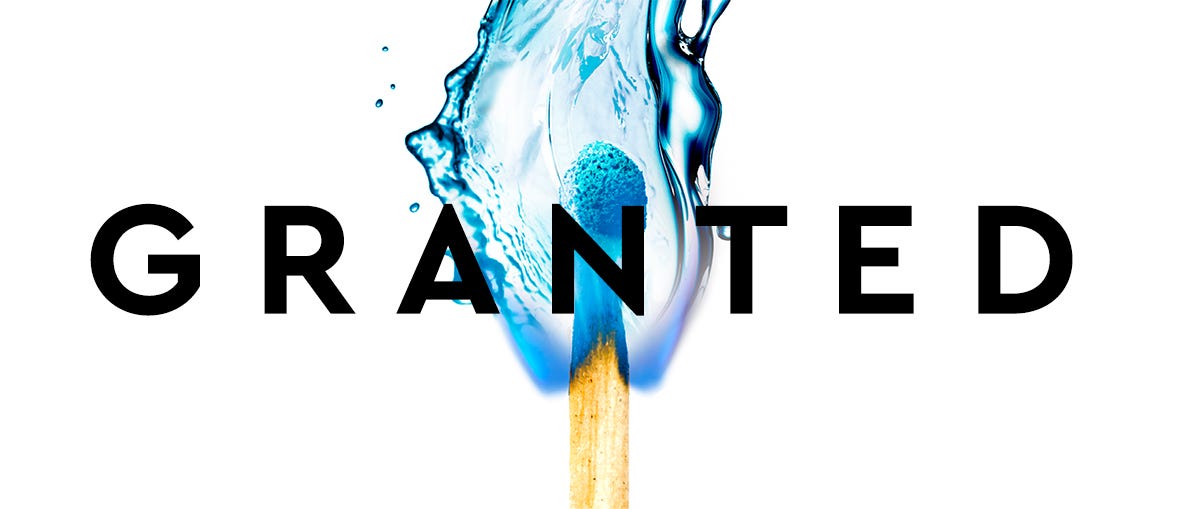GRANTED: Better arguments and new books

July 2022
Impostor syndrome: “I don't know what I'm doing. It's only a matter of time until everyone finds out."
Growth mindset: "I don't know what I'm doing yet. It's only a matter of time until I figure it out."
The highest form of self-confidence is believing in your ability to learn.
Some favorite sources of recent learning for me:
1. "Just Asking Questions" (Warren Berger, BigThink)
A questionologist differentiates between healthy skepticism and toxic denialism, and offers some guidelines for responsible questioning: ask with (1) an open mind, (2) a healthy respect for facts, and (3) consideration for others' feelings.
2. The Outsize Influence of Your Middle School Friends (Lydia Denworth, Atlantic)
Parents worry too much about peer pressure—and too little about peer choice. Peer influence is inevitable; whether it's more helpful or harmful depends on the friends kids make.
3. Why Art is a Tool for Hope (JR, TED)
A talk that might move you to rethink your assumptions about the human capacity for change.
From my desk
4. The 10 New Books to Enrich Your Thinking (Bulletin)
My favorite new releases focus on the brain, long-term thinking, parenting, leadership, and inclusion.
5. How to Argue, Better (Guardian)
For the past year and a half, I've been arguing with a friend about vaccines. Surprisingly, along with sharpening our thinking, it's strengthened our friendship.
I've learned that avoiding minor arguments is a missed opportunity for learning. It takes practice to manage emotions, maintain respect, and rethink opinions. The best way to prepare for big debates is to train with small ones.
In solidarity,
Adam Grant, Ph.D.
Organizational psychologist at Wharton, author of THINK AGAIN, and host of the TED podcast WorkLife


